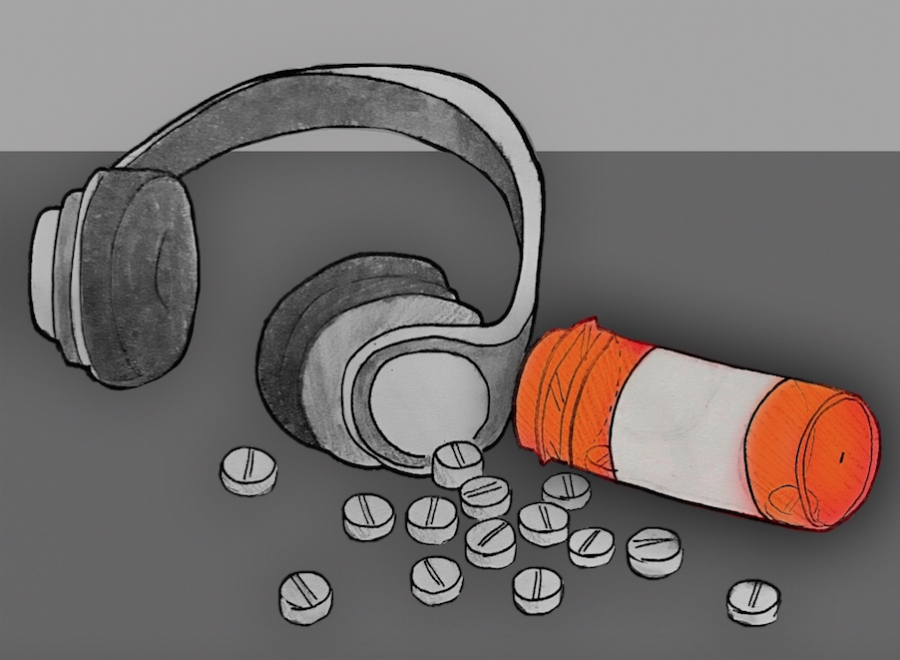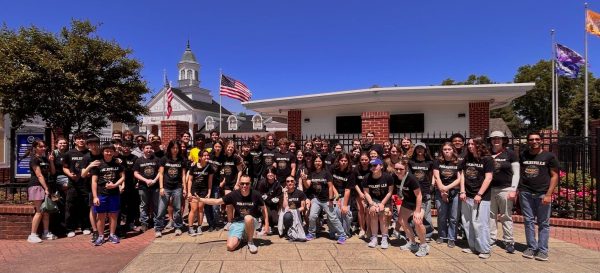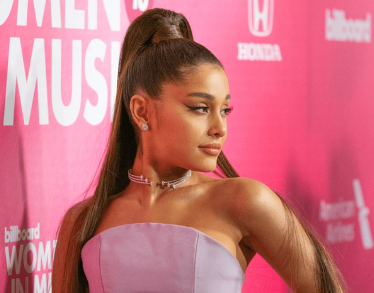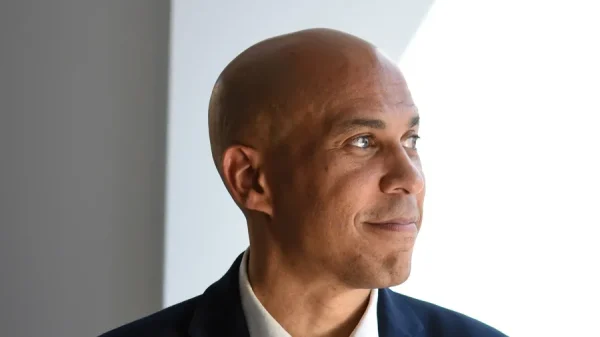As the opioid epidemic rages, rap culture continues to endorse hard drug use
The rise in opioid-related deaths in the past few years has plagued the United States, whether it be the loss of local community members or those in the public eye. In Maryland, the state’s Department of Health reported the amount of fatal opioid overdoses in 2018 to be more than 50 times those in 2013. This led Governor Larry Hogan to declare a state of emergency surrounding opioid-related deaths. In correlation with local trends, the culture of modern rap music has also seen a surge in opioid-related references- and deaths.
Lil Peep, who experienced a quick surge of fame within the SoundCloud rap scene throughout 2017, fatally overdosed on Xanax laced with the potent opioid fentanyl last November, bringing yet another young death to the rap world.
That was not the first event involving a rapper’s premature death. A decade before Lil Peep’s death, rapper Pimp C of the UGK collective fatally overdosed on codeine, despite glamourizing his use of the drug in his lyrics. In more immediate news, popular rapper Mac Miller died of a suspected overdose this past September after years of expressing his struggles with substance abuse. According to the Journal of Academic Research, it’s in the lyrics where the real damage is done: many rap artists, whether dead or alive, romanticize their use of these opioids, as well as the struggle of addiction.
Compared to the often metaphorical references to drugs in other genres, lyrics in hip-hop often have no filter. In one song, Peep raps, “Gettin’ high ‘cause my life don’t mean s*** to me,” expressing an unabashedly romantic perspective on hard drugs.
Just months before his death, Peep tweeted a very dark message to nearly half a million people: “I am a depressed drug addict and I’m nearing my breaking point. Everything I love is disappearing.”
Similar to Peep, Mac Miller practiced a similar form of hedonism when it came to drugs. Concerns regarding the established artist’s substance abuse first arose in May of 2018, when the rapper crashed into a telephone pole and was charged with a DUI. Within his lyrics, the final track on Swimming, the album Miller released just a month before his death, entitled “So It Goes,” repeats the chorus “Nine lives, never, die, f*** heaven, I’m still gettin high.”
Many music media organizations, including Genius and Mass Appeal, feel that this romanticization of drug use comes with many negative connotations. Hip-hop is currently a dominant force in pop culture. Millions of American teens consume the music and social media content of these artists. Some argue that these glamorized messages normalize hard drug use at the height of the opioid epidemic in America.
Junior Noah Holtz, who works as a producer for rap artists across Montgomery County, expressed a great concern for the glorification of drug use among large artists, considering the massive influence they have over their audience.
“Whether they’re an artist themselves or just a fan, there are plenty of young kids who feel fine with experimenting with hard drugs… all because the people who are ‘cool’ to them are doing the same thing,” said Holtz.











